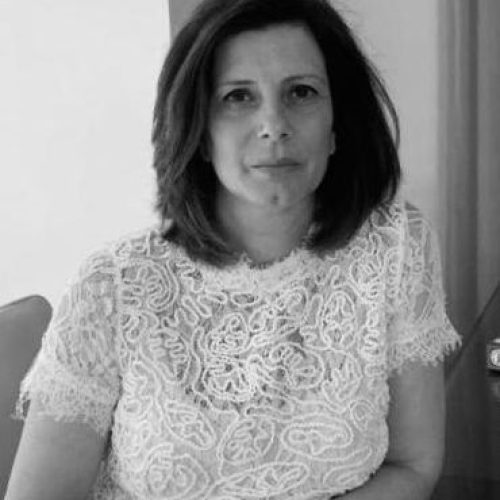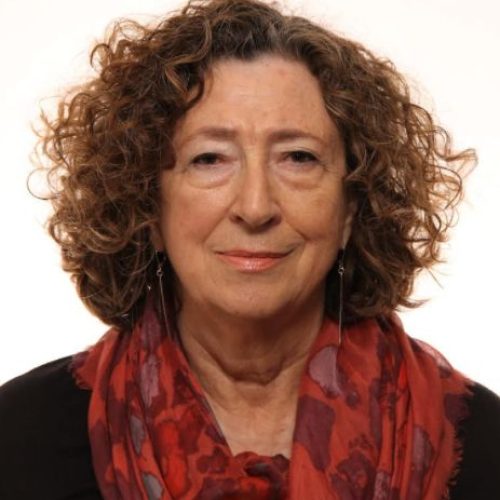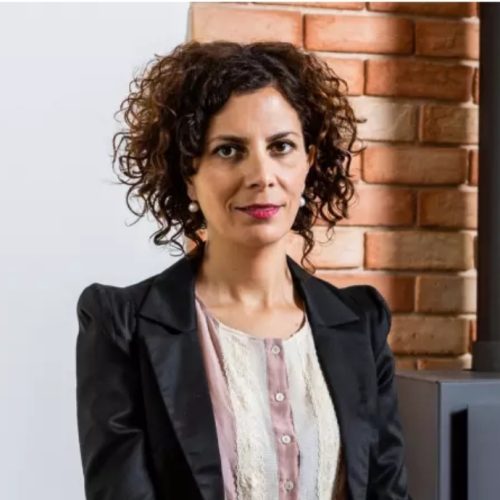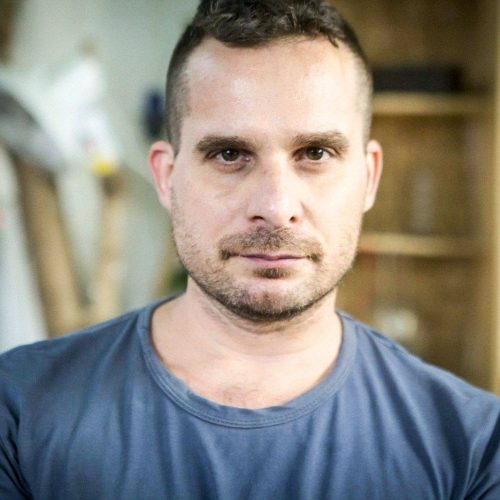On 12 November 2023, Zulat held a webinar calling for the establishment of a civil emergency cabinet. Participants in the debate led by Zulat‘s Executive Director Einat Ovadia included: Nira Shpak, an IDF reserves brigadier general, former MK, and resident of Kibbutz Kefar Azza; MK Naama Lazimi; Adv. Adel Badir, mayor of Kafr Qasim; Dr. Meital Pinto, a member of Zulat‘s Steering Committee; and Ophir Pines, former interior minister and head of Tel Aviv University’s Institute for Local Government. Following are highlights of their remarks.
Zulat‘s Einat Ovadia explained the urgent need for the establishment of a civil emergency cabinet: “The State of Israel has chosen not to confront reality and turn a blind eye to the situation. It has reneged on its responsibilities and left us to fend for ourselves. The state has been replaced by the citizens, which is the one ray of light in this chaos. However, civil society organizations cannot be a long-term substitute. We gathered this evening to discuss what the state must do to veer away from disintegration and collapse. We call for the establishment of a civil cabinet, whose operation will resemble that of the security cabinet.“
Former MK Nira Shpak: “We, the citizens who defended ourselves by ourselves, are tired of decisions being made without our input. As a resident of Kibbutz Kefar Azza, I felt helpless and the intensely betrayed when nobody came to our defense after we were told that Hamas was deterred. They make decisions for us, and we have no say in it. All citizens, all segments of society, must be represented in the civil cabinet.”
“I sit in on TV panels, and in one of them today I was the only woman for two hours. When more women joined us, it was to talk about how we feel. We are not here to provide touchy-feely moments or heart emojis on TikTok. We want people in the know to be heard, both men and women, and there is no shortage of them. We have been relocated to hotels that have yet to receive any money from the government, employees have yet to receive their pay, we drive cars lent to us by rental companies out of the kindness of their heart. Where is the state? Where is the education system? Where are the government officials who should have been taking care of us? We need somebody to be on it 24/7. We must demand the establishment of a civil emergency cabinet in order to get a response.”
MK Naama Lazimi: “Israel cannot afford not to be a welfare state. Already during the coronavirus pandemic, we spoke about the need for a cabinet to work on coordination of the government’s response, but nothing happened. It’s time to create an emergency protocol. In every crisis, the Knesset Finance Committee spends weeks discussing the situation of agriculture, the economy, small businesses, workers, and more. This situation can be remedied and changed.“
Former interior minister Ophir Pines: “Israel’s government is very weak at implementation but is good at regulation and resource allocation. During this war, we see fictional and non-fictional ministries that lack the tools and budgets to fulfill their missions under the law. That is why we have reached the verge of collapse.”
Adv. Adel Badir: “Attempts were made to inflame the street, to sow conflict, to spread fake news against Arabs. We hear about Arabs being fired from their jobs. My daughter is afraid to go to university and to continue her studies. Instead of bolstering coexistence, the government incites and terrifies both Arabs and Jews. The government failed to rise to the occasion, left everybody to fend for themselves, and forsook the local authorities. Establishing a civil emergency cabinet is imperative.”
Dr. Meital Pinto: “No primary legislation exists on how to proceed in an emergency. A powerful entity was formed after the Second Lebanon War, but they sought to close it after the corona pandemic. The key is primary legislation that would enable the establishment of a civil emergency cabinet.“
Zulat will continue to work toward the establishment of a civil emergency cabinet, which would be activated in an emergency like the present one, to ensure the functioning of civilian systems and to boost national resilience.
Watch (Hebrew, no subtitles)
>> Read Zulat’s Proposal for Establishment of Civil Emergency Cabinet





